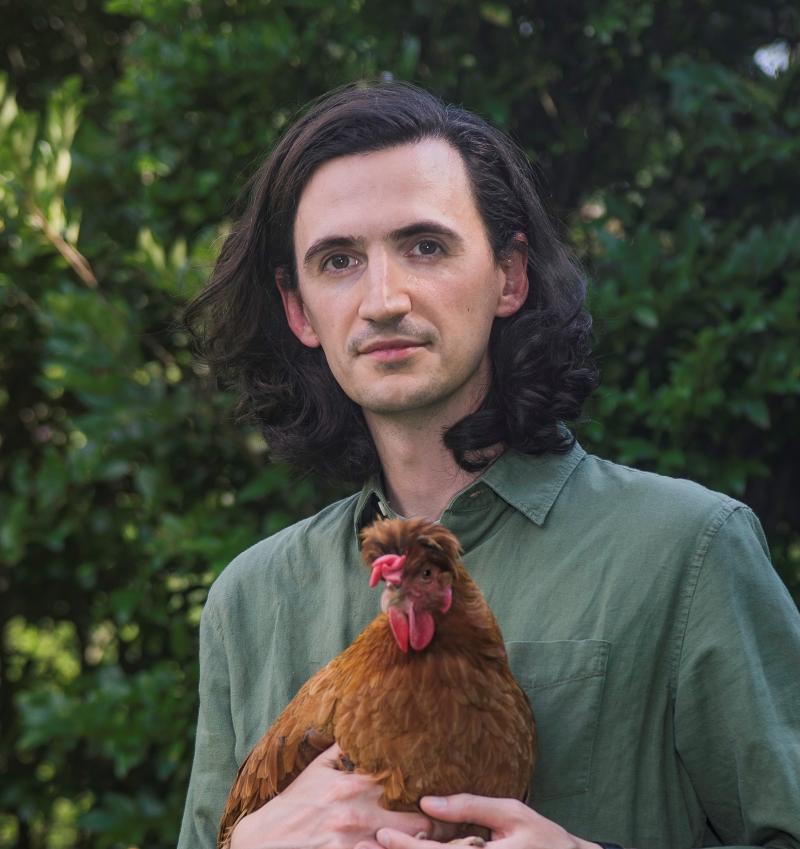Piers Gelly

Piers Gelly is a writer, radio producer and writing instructor. After serving for four years as a lecturer in English at UVA, he is excited to take on a new role in the English department as assistant professor, general faculty.
Gelly’s fiction, essays and reporting have been featured by n+1, The Dublin Review and 99% Invisible, among others. He is at work on two novel projects: a collaboration with the poet Peter Myers, titled Autofiction; or, the Author Function, as well as a solo undertaking set at an experimental liberal arts college in Wisconsin. Gelly’s teaching and research interests include community-engaged pedagogy, digital writing and critical university studies. His courses often draw on community partnerships with public-sector labor unions in the Charlottesville area. In 2022, he and his students worked with unionized graduate student workers at UVA to create the collaborative book Hoos Not Getting Paid: the voices of graduate student workers at the University of Virginia, forthcoming from the “Working and Writing for Change” series at Parlor Press. In 2023, he and his students partnered with unionized bus drivers at Charlottesville Area Transit to write and design the museum exhibition Collective Bargaining for the Common Good: two decades of organized labor at UVA and in Charlottesville, which ran in UVA’s Small Special Collections Library from March to June of 2024.
Gelly holds a B.A. from the College of Letters at Wesleyan University and an M.F.A. in Fiction from UVA. During his time as a graduate student, his short fiction was awarded the 2019 Henfield Prize for Fiction, and his novel manuscript was awarded the UVA School of Architecture’s 2019 Richard Guy Wilson Award for “Excellence in the Study of Buildings, Landscapes and Places.” As postgraduate Lecturer, he was awarded the 2022-2023 Edgar F. Shannon Fellowship in recognition of his outstanding teaching record.
This fall he will teach a first-year writing seminar called “You and A.I.,” which will ask students to think critically about writing instruction in the age of large language models, as well as an advanced writing seminar called “What is college for?”
